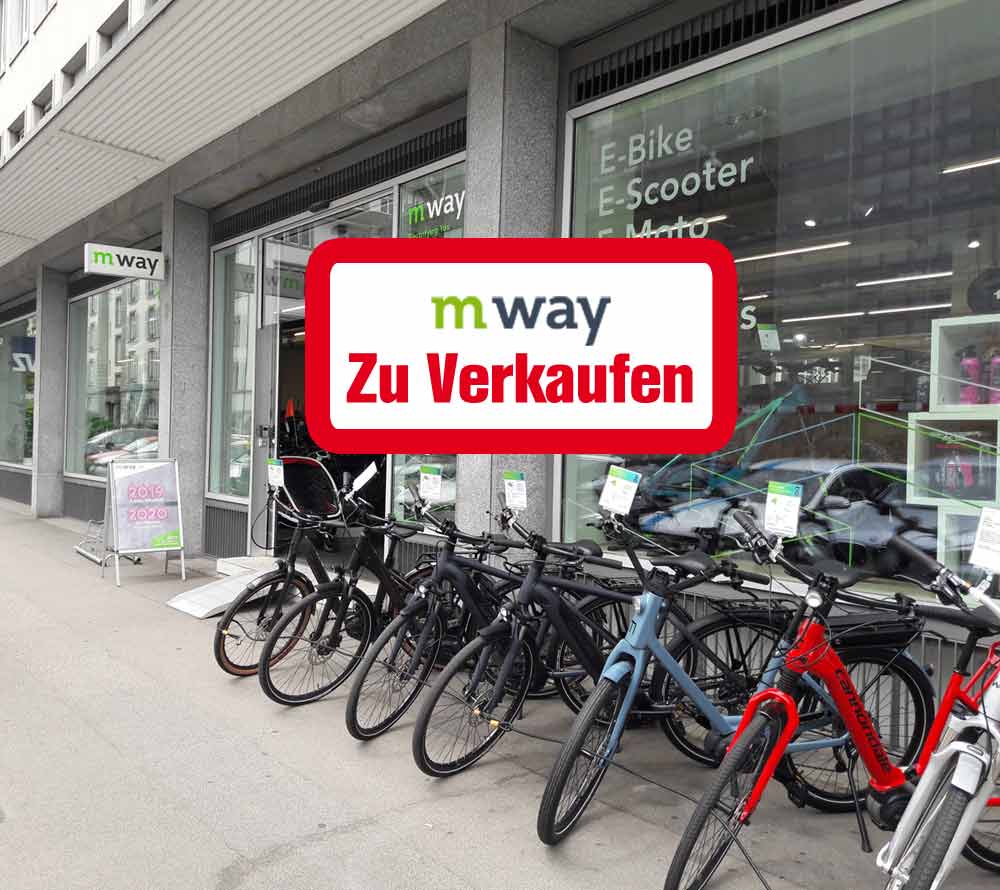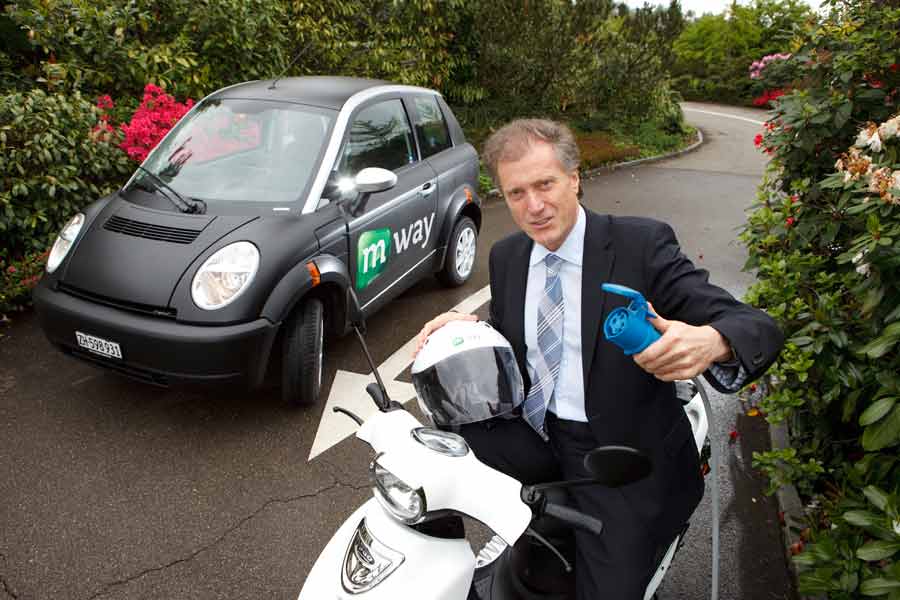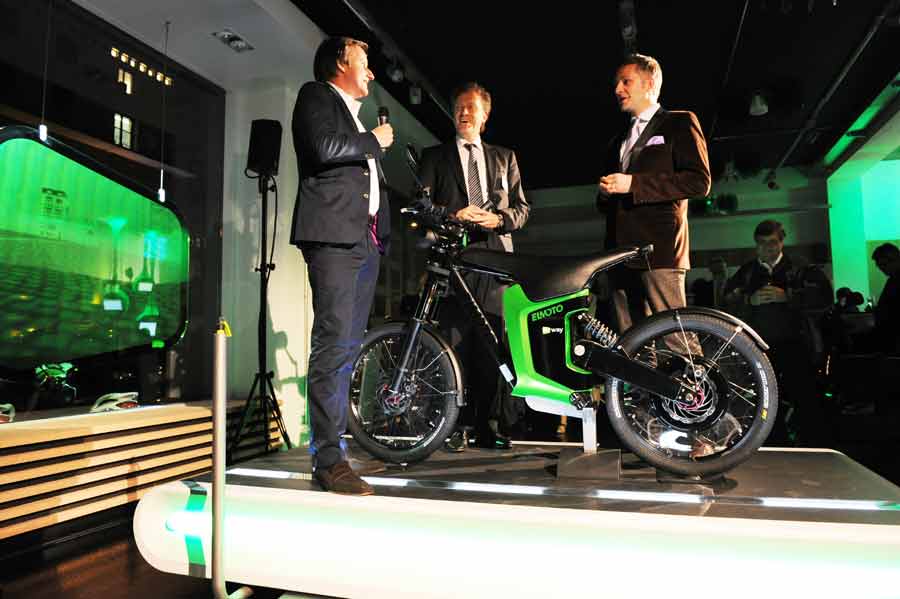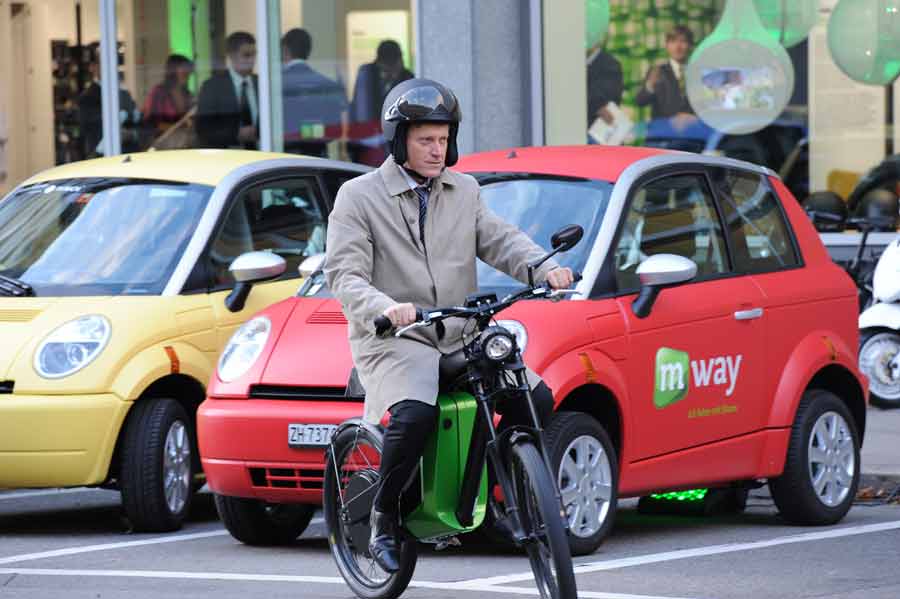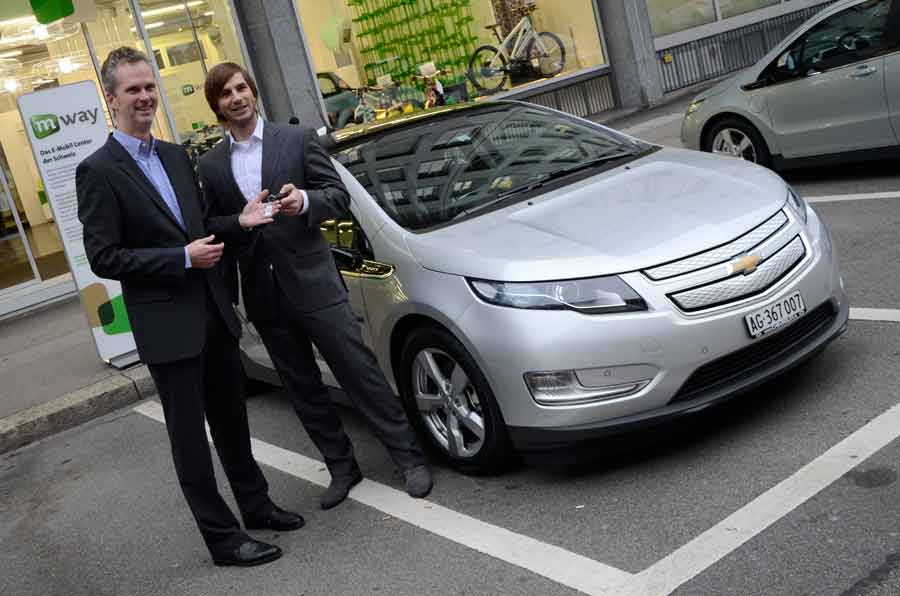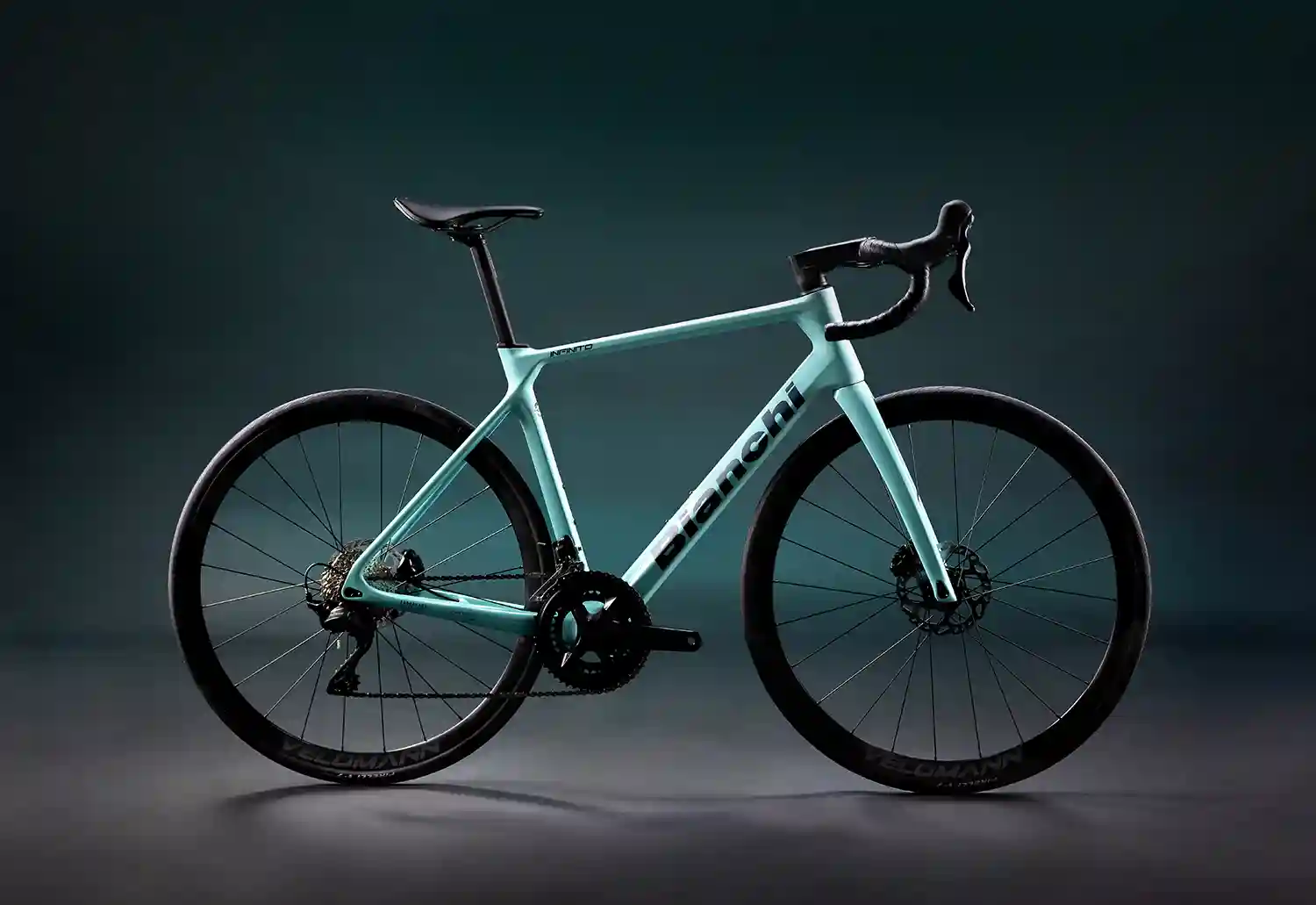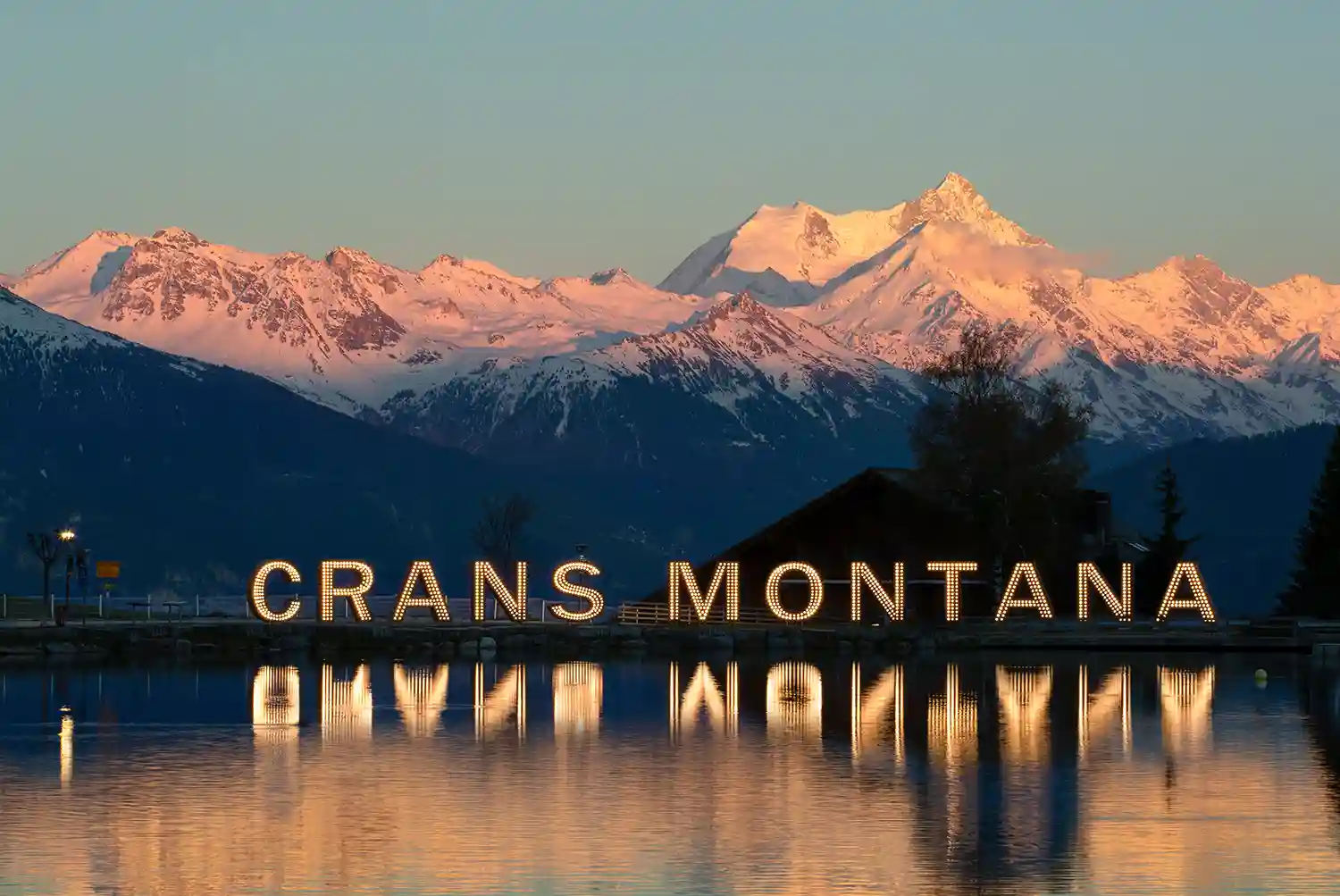How imaginative PR people are when it comes to formulating something negative, such as consequently the sale of numerous companies, in a positive way, can be seen recently at Migros. In the official press release of Migros from 27.06.2019, everything sounds so beautifully harmonious and everything is linguistically trimmed to peace, joy, pancake, but no company separates voluntarily from a business segment when it is doing well. Migros wants to part with Globus, Interio, Gries Deco and m-way and confirms a lack of profitability at Globus and Interio, and one must assume that this applies to all the businesses mentioned. This probably also applies to Migros' intention to sell m-way AG. It has long been rumored that m-way is not profitable. Industry insiders say that m-way never got out of the red, and now Migros seems to be running out of patience. What is behind Migros' intention to sell?
Migros writes about this among other things in your press release:
The management of the Federation of Migros Cooperatives has decided to look for new owners for Globus, the Gries Deco Group (Depot), Interio and m-way and is starting corresponding sales processes. Migros has further developed the companies concerned in recent years in a challenging market environment, so that they are well positioned and prepared for the future. At the same time, however, the synergies with Migros' core business are rather limited. "Our in-depth analyses have shown that these companies have better prospects of success outside Migros Group. Migros is no longer the best owner today," says Fabrice Zumbrunnen, President of the General Management of the Federation of Migros Cooperatives. "It is important to us that we find strong new owners who have the basis and know-how for the successful further development of the companies."
An exciting story
What many people may not even know: m-way was born out of Migrol. In the beginning, the intention was to offer customers electric forms of propulsion as a substitute for the classic gasoline engine, which is why electric cars, electric motorcycles and electric scooters were also found in the product range at the beginning of m-way. The pedelecs were only a small part. For a long time, Migros was also handicapped. For example, Flyer, the dominant brand years ago, refused for years to let m-way sell its e-bikes in order to protect the small dealers; moreover, they simply didn't like Migros. But the growth of the stores offered more and more potential for importers and manufacturers and the m-way focused more and more on the sale of e-bikes or pedelecs, because this market grew and is still growing today. Today, m-way sees itself as the market leader. The CEO, Lukas Sramek, proudly refers to this when he writes to us: "M-way is in a highly competitive market, which is being penetrated by more and more suppliers. Nevertheless, m-way has been able to maintain its market leadership in the Swiss e-bike trade." The former visions of yesteryear have long since faded, even though Migros would be much more likely to successfully sell e-mobility today. Today, it is probably more a matter of successfully surviving in the existing e-bike market.
m-way is and was a thorn in the side of many small dealers
Since their market entry, the e-bike stores managed by Migros have met with little approval. For many small bike stores, they are a real threat. Right from the start, the reaction of the small retailers towards us was very irritated to extremely aggressive. The fact that the m-way stores are presumably only surviving due to the financial strength of Migros must be experienced by small retailers as clearly unfair competition and must rightly trigger anger. Where the small retailer fights for its existence with hard work, the big one can also make a loss and still continue to exist in the market, which it understandably experiences as unfair.
Uncertain future causes importers great concern
Every dealer and every importer loves solvent, strong customers who can order large sales volumes and pay securely. The loss of the m-way branches would mean a major slump, the compensation for which is still outstanding. Importers have expressed their concern to us. Migros is talking about looking for a new buyer and there is no hurry, but nobody knows how the whole story will go on once a new owner is found. According to Migros boss Zumbrunnen, only interested parties who can and want to further develop m-way should be considered, but no one knows what will happen after the takeover. Will the new owner close the branches or change the concept? No one can answer that today, but something will certainly have to be changed in the concept.
Is a lack of shopping experience the big shortcoming?
Talking to industry insiders, it is clearly expressed, when asked about the sale of m-way, that m-way is not profitable, because m-way is said to have never understood how to offer customers a shopping experience. The design of the branches looks like something out of a laboratory, it is cold, it is sterile, it is not appealing. And you don't hear much good about the service either. One employee is on the phone, another is screwing around on a bike, and when someone does take care of the customer, the m-way does not stand for the expertise that such a store should actually have. You often get the feeling that there are no bikers, no screwdrivers, no e-bike enthusiasts working here. The employees seem to simply sell the assortment like counter clerks, but no bike culture is lived here. The m-way is simply too stiff for a bike store. And this lack of competence and shopping experience also seems to be expressed in the figures. This stiff approach is also evident in the way the management is treated, which is reminiscent of banker culture but doesn't seem to fit in with the relaxed bike culture.
Is that really true? A proven industry insider - we'll call him "E" - takes a much more differentiated view. In his view, the concept worked very well in principle, especially at the beginning, when the company still had 6-9 stores. And there were branches that were very profitable and had annual sales of CHF 1.5-1.6 million. But there were and are also unprofitable branches which are co-financed and which only cost money. Above all, the management that was in charge years ago spent the money generously with both hands. "E" talks about the fact that a quarter of a million was easily thrown out the window for the establishment of a branch. In addition, the administration in Glattbrugg cost too much money, it was a real water head. According to him, m-way was never profitable, at least until 2015, and was never able to achieve its financial targets. In his opinion, one would have to close the unprofitable branches, dismantle the water head and consider reducing warehouses, which eat up a lot of money, then the business would certainly work. Above all, however, he sees mistakes made by the previous management, without wanting to name specific names. The current management has to take the blame for what went wrong in the past.
"E" also sees clear merits of m-way. The market entry of m-way put pressure on the small dealers and they had to act. Migros suddenly built "nice" bike stores or e-bike stores, so the small dealer on the corner with his store overcrowded with bikes could no longer keep up. Many small stores have responded and adapted.
m-way largely silent on figures
When we asked m-way about its finances, the management was largely silent. They do confirm sales of around CHF 40 million in 2018 and give us a current headcount of 109 employees. In response to our question, "Insiders claim that m-way has never been profitable, what do you say to that?", Lukas Sramek, CEO of m-way, answers us as follows: "Apart from the sales figures mentioned, we do not report any other financial figures for m-way", which speaks for the conjecture of the critics, after all, every company likes to announce successful figures, only when it comes to the crisis they like to keep quiet. But the turnover clearly shows that the business can be operated profitably in any case. If one deducts a trading margin of 50% and assumes an approximate revenue of CHF 20 million, then with 109 employees per head, there is an arithmetical loss of around CHF 183,000.00 in earnings, not including costs for rent, storage, depreciation and other costs. If a new buyer reduces the staff only to a small extent and passes on costs for warehousing to the outside, it should actually be possible to operate the business profitably.
Over the past 9 years, Migros has put a lot of effort into setting up a network of 28 e-bike stores under the "m-way" label. With all the millions Migros has at its disposal, that doesn't seem like much of a feat. Whether and how the business can be developed further is questionable at the moment. With money, of course, it always works, but if you want to win customers for yourself in the long term and sustainably, you need a new and changed concept and an owner who is close to the bike industry and knows it. With a lot of money, a branch network has been artificially maintained over the past few years, which, according to insiders, could not have been financed from its own resources. Now, a new company is to take over the business and put it right. If a solid company is close to the bike industry or even part of it and knows the mechanisms of the industry well, it has a good chance of leading the m-way stores into profitability with a somewhat adapted concept.

